It's easier to apologize than to ask for permission
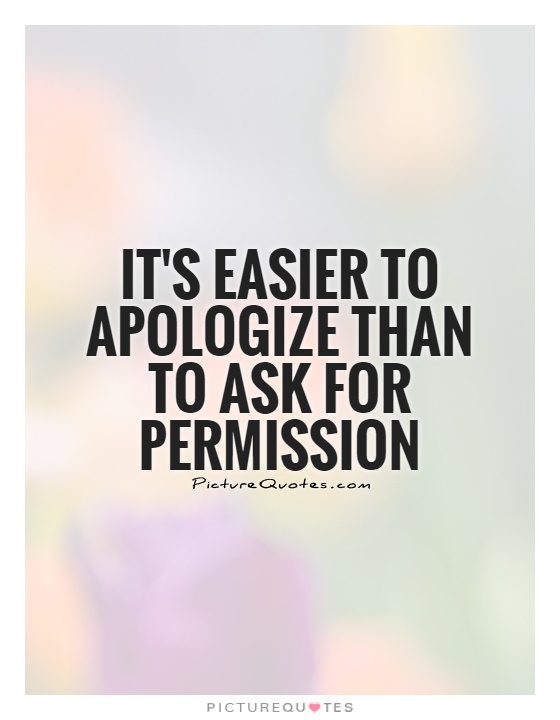
It's easier to apologize than to ask for permission
The saying "it's easier to apologize than to ask for permission" is often used as a justification for taking action without seeking approval first. While this may seem like a convenient way to avoid potential roadblocks or delays, it can also lead to negative consequences and strained relationships.Apologizing is an important aspect of human interaction, as it allows us to acknowledge our mistakes and take responsibility for our actions. However, using apologies as a way to justify our behavior without seeking permission can be seen as manipulative and disrespectful. It shows a lack of consideration for others' feelings and boundaries, and can erode trust and respect in relationships.
When we choose to act without permission and then apologize later, we are essentially putting our own desires and needs above those of others. This can create a power dynamic that is based on manipulation and control, rather than mutual respect and collaboration. It can also lead to feelings of resentment and betrayal, as the other person may feel that their trust has been violated.
In the context of apology, it is important to remember that a sincere apology involves more than just saying "I'm sorry." It requires genuine remorse, an understanding of the impact of our actions, and a commitment to making amends. By using apologies as a way to avoid seeking permission, we are undermining the true meaning and value of apologizing.
Seeking permission before taking action shows respect for others' boundaries and autonomy. It allows for open communication and collaboration, and can lead to more positive and productive outcomes. While it may require more effort and patience in the short term, asking for permission can ultimately strengthen relationships and build trust.
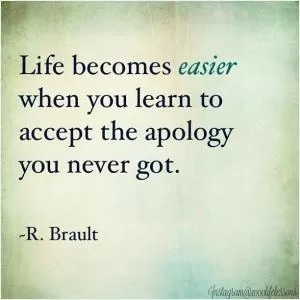

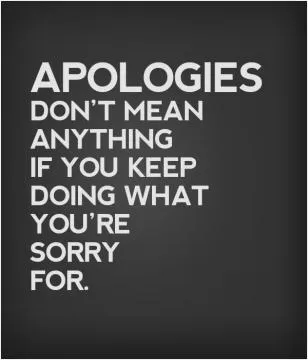


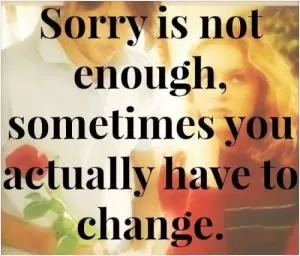


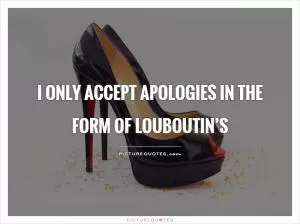
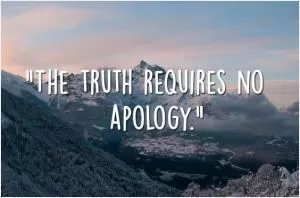
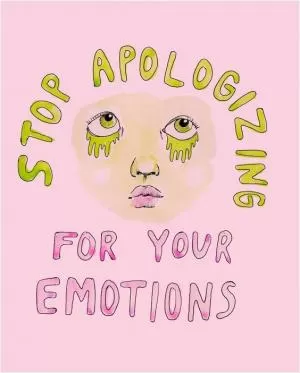

 Friendship Quotes
Friendship Quotes Love Quotes
Love Quotes Life Quotes
Life Quotes Funny Quotes
Funny Quotes Motivational Quotes
Motivational Quotes Inspirational Quotes
Inspirational Quotes